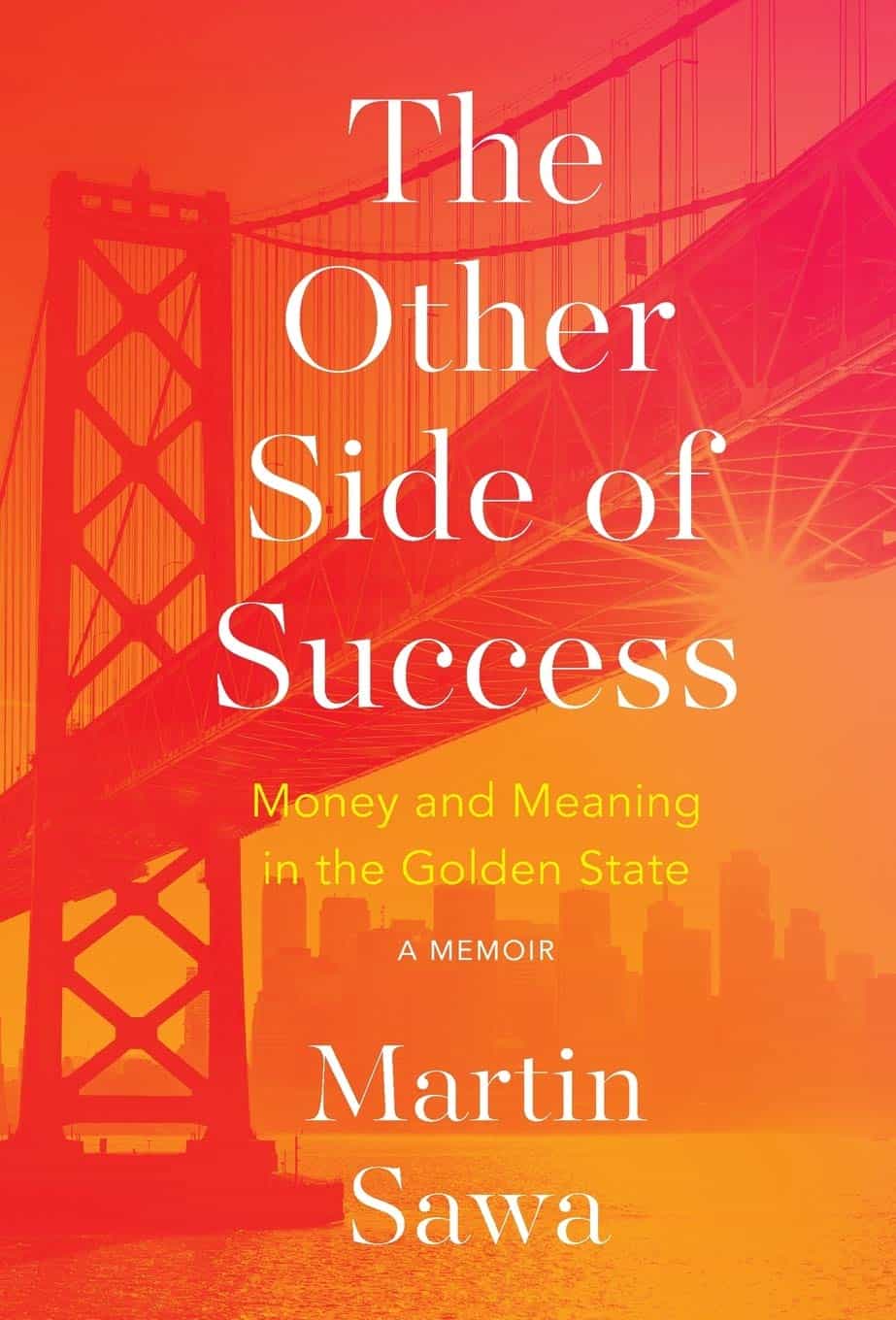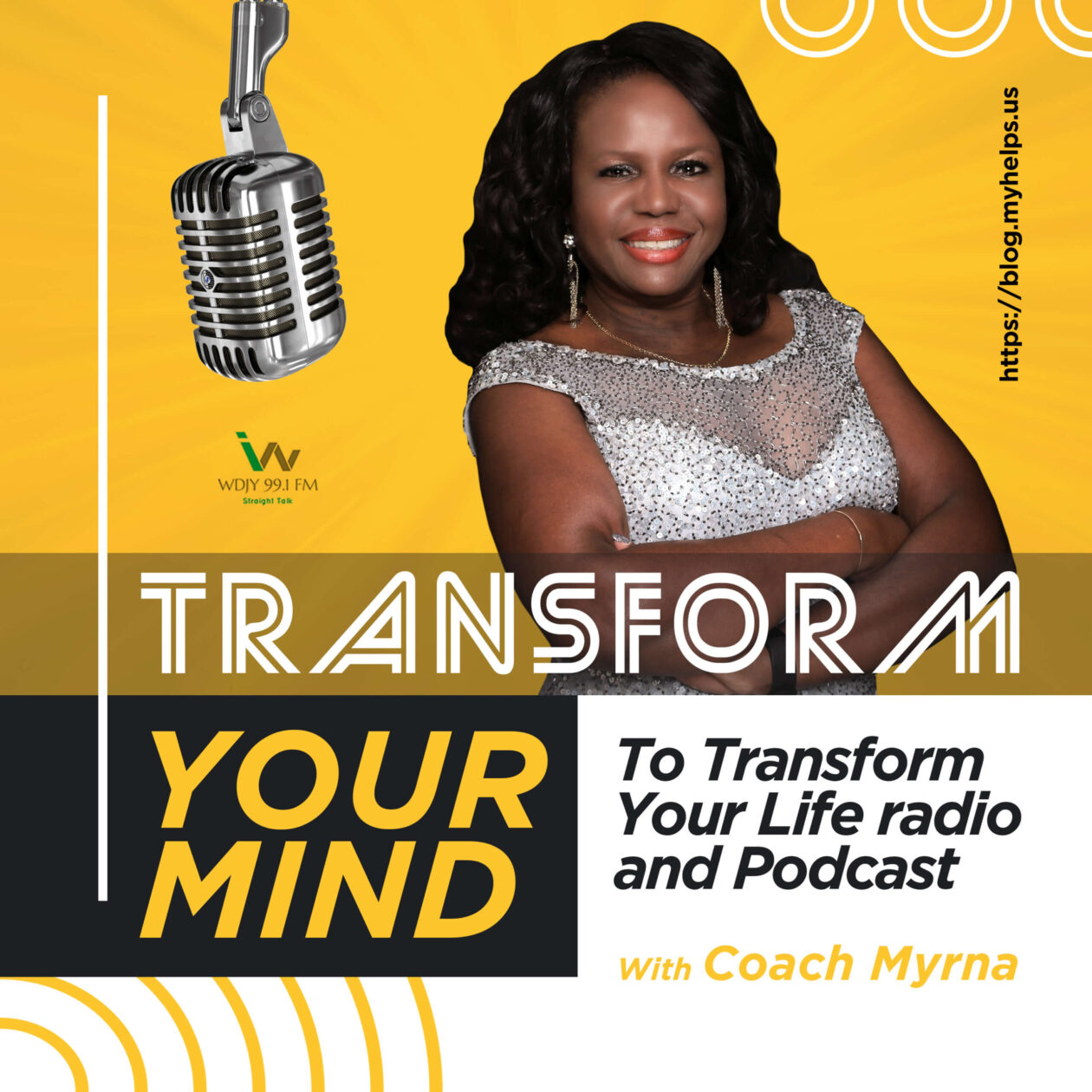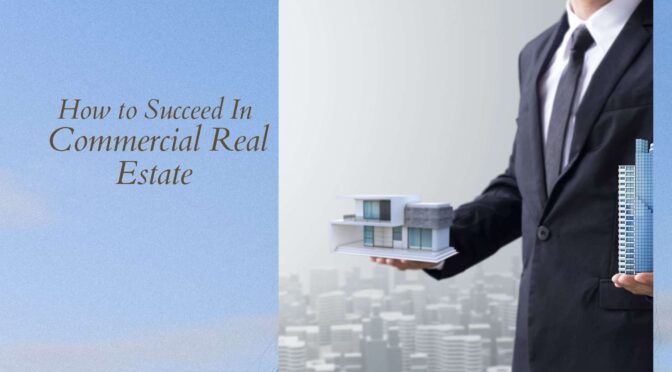I thought about all the things I could sell and, commercial real estate, looked like the biggest assets and I figured they must have the biggest commissions.
Martin Sawa’s story is about the American Dream. He went from selling hair brushes door to door, to becoming a success in the world of, commercial real estate, in the top market of San Francisco.
Download the audio here
Bio
MARTIN SAWA is a first generation Ukrainian American, former San Francisco real estate power broker, and author. His remarkable rise to, self-made wealth, from the humblest beginnings. A devastating loss forced him to reevaluate the meaning of success, and how the impact of love, family, religion, and race shaped the metaphorical zoetrope of Martin’s own, American Dream.
A son of poverty-stricken Ukrainian immigrants who as a teenager sold hairbrushes door to door, Martin later quit a stable 9-to-5 job to try his hand at the high stakes world of San Francisco, commercial real estate, in the early ‘80s. As the demands of the job required more and more of him, Martin found himself in the grip of, alcoholism. It would take a tragedy to pull him out of it.
Martin’s new book THE OTHER SIDE OF SUCCESS: Money and Meaning in the Golden State is an account of the new American experience, told from the perspective of a first-generation immigrant who made the, American Dream, a reality. The book tells stories of the glamorous and cutthroat world of, commercial real estate, in the second most expensive market in the country. Readers will be inspired by Martin’s tenacity and drive as well as his resilience in the face of personal trauma and tragedy.

Getting started in Commercial Real Estate
Myrna: I love your story. Can you bridge for us as we start off. I know you sold hairbrushes from door to door. What was your entry into, commercial real estate, like? How did that happen?
Martin: Well, at the time I was almost 30 years old, (I had grown up in the Midwest but moved to California) I was living in Oakland which is across the bay from, San Francisco. I had a dead end job – I was driving 40 miles one way down to San Jose and I was a city planner.
One day, I was standing at the counter processing permits and a developer came in. He was angry and waving his plans. As I looked at him, he was like a silver fox with a big gold medallion. I wondered why I was doing what I was doing because not only did I not like the job, I was dead broke and my then wife was pregnant with our daughter. So I just quit and walked away. I didn’t know right away what I was going to do, but then I remembered when I was a teenager my first sales job.
Sponsored Ad
Oh Snap Catering and Events specializes in catering delicious, mouthwatering meals as well as organizing and planning beautiful, memorable events! From soul food cuisine to healthy vegetarian eats, Oh Snap Catering caters to all dietary needs.
Call us at (404) 725-4853

When I just finished high school, I sold the hair brush products, door-to-door sales, in the west side of Chicago. I was good at it and it taught me, sales skills. I had a great mentor too who taught me the, fundamentals of sales, and I knew I could sell. The, fundamentals of sales, don’t change whether you’re selling hair brushes or high-rise office buildings as a, commercial real estate agent. It’s just a difference of degree.
Specializing in Commercial Real Estate
I thought about all the things I could sell and, commercial real estate, looked like the biggest assets and I figured they must have the biggest commissions.
Myrna: Yes, why not go for it?
Martin: I go for it and I started out. There are many specialties or work opportunities and, commercial real estate,
- You can do brokerage,
- leasing office space,
- property management
- I chose to be in investment property sales which was the riskiest because these deals took months to put together.
If they came together at all! You weren’t guaranteed a paycheck and usually had to wait a long time to see the money. It took me a year before I actually got my first commission check. So, that taught me how to make ends meet without having any money coming in.
Door to door sales is usually the first entry into sales
Myrna: Wow, there are tons of things I want to circle back to, – one my entry into sales was similar. I sold encyclopedias from, door-to-door sales, and found that I was good at it. Not because I had any, sales skills, they didn’t really teach us any, sales skills, but I learned that I had the, personality, that people would buy from me.
I went into sales later on in my career as well. As I mentioned, I’m a, Realtor, but, door-to-door sales, kind of started my, sales career. I’ve always sold that way with my, personality, not necessarily knowing that there’s a stage one, two and three, sales skills, and following it kind of format.
The second thing is about, real estate, whether it’s, commercial real estate, or, residential real estate, is that you are working and you don’t get paid until there’s a closing. So, obviously, the bigger the deal, the longer it’s going to take to put together, the longer you have to wait for a pay check.
Sponsored Ad
Now on all streaming platforms such as Spotify, apple music, amazon and Pandora.
is a beautiful original song called FAME by James Zada.
The opening track comes from the same titled album FAME and is about the singer George Michael.
If you love 80s 90s music but with a fresh modern twist then you’ll love the music of James Zada.
You can find out more at his website at www.jameszada.com
https://open.spotify.com/album/6eda8C9MHBC2rvIkGloruL?si=cEk_FsQ_RgO6s8QU16GxbA&utm_source=copy-link

Pandemic affected Real Estate
I started trying to get into, commercial real estate, just before the pandemic hit. Everybody wanted, multifamily real estate, because they said it was recession proof. Real Estate Investors, and there were people calling me all the way from California and all around the world even as I’m in Florida. They wanted these, multi-family deals. What happened is that the sellers wanted more money that the buyers were willing to pay.
So, I was never able to get it married, get a marriage and get this big ass commission because I offered one of the buildings for $10 million, so it should have been a really nice commission but then the pandemic happened.
Now it looks like multi-families wasn’t recession-proof because now, nobody really wants to touch him because of the eviction ban. The tenants are not paying their rent and you can’t evict the tenants.
Commercial Real Estate Glamourous and cutthroat
Myrna: Why did you say that, commercial real estate, is glamorous and cutthroat?
Martin: It’s the people would use you up and just throw you out, that kind of thing – like they do in the residential. Well, first of all, you have to understand my perspective or baseline. My parents grew up in Ukraine in the years before and during the Second World War, they lived under both Hitler and Stalin so it doesn’t get any worse than that.
I will say one thing and if you’ve been in the business and you understand that you can work like crazy a year on a deal and it falls apart and on another deal you can work 10 minutes, five minutes and make a huge commission and you have the mindset that that’s the way it works. If I could predict which deals I was going to close, I could have worked one month out of the year!
Myrna: You mentioned that San Francisco is the second largest, real estate, market in the USA. So, I’m assuming the top is New York?

Martin: It always used to be Manhattan but then with the expansion of Silicon Valley, and in San Francisco, (historically was a financial services city) there are insurance companies, banks etc., but with the technology explosion, it moved up into San Francisco so now half the tenants are tech. The whole nature of the business changed in terms of who were your customers and clients, and with tech you got all these. All of a sudden, billionaires living 30-40 miles down the Peninsula, in the Los Altos, Hills of Palo Alto etc., and the prices not just in San Francisco but throughout the Bay Area just exploded.
Commercial Real Estate in San Francisco
So, San Francisco, caught up to Manhattan sometime in the last five years and just in terms of absolute property value per square foot, not only for commercial but for residential as well.
Myrna: You said that when you were doing, door-to-door sales, you had a mentor that taught you the skill sets to sell and you said it was transferable. Can you give us a bit of the skills that you learned doing, door-to-door sales, and how you’re able to transfer those skills into being successful a, commercial Real Estate agent?
Door-to-Door sales convert to Commercial real estate skills
Martin: If you sold encyclopedias, you understand it’s the most kind of basic Fundamental mono a mono that you can have. It’s you and another person, and that person in my case was typically a housewife in her personal home environment. So, it’s you the housewife. The key is – if they open the door at all you have a minute or two to develop trust to get in two minutes and you either do or you don’t.
If you’re broke and extended on credit cards and have a baby girl and two step kids, you’re going to do whatever it takes to get in that door, and that cannot be taught. The sales supervisor can kind of tell you how to do it, but you’ve got to be hungry. That’s pure desire, you take the rejection and keep going. If you get rejected at ten houses, you’re going to go to the 11th. So, once you get in, there are techniques for converting the trust into an order and making a commission. I was again fortunate because the mentor I had was very good at teaching me these, sales skills.
Alcoholism and commercial real estate
Myrna: Before we get into your book, what happened that made you become an, alcoholic, and how did tragedy and self-resilience pull you out of that?
Martin: Well, there’s just a little back story in the little town I grew up in. I had a population of 5000 people and 40 bars. Most of the male population in the town was quote, alcoholic. I was a two-fisted drinker and that was a compliment. I mean that’s just the way those times were and it’s still that way in many parts of the world, in rural areas where alcohol drives a lot of choices that people make and sometimes they’re not very good.
I started drinking beer in cornfields when I was 12 and then, I went to College and I finished at University of Wisconsin in Madison which was a huge party school and it’s just something I did. When I got into, commercial real estate, there were all the functions and cocktail parties, so I just remained a, functional alcoholic, in the business, but it became more and more of an issue when I remarried my second wife.
She became the person who was not only wife and lover, but became my spiritual mentor in moral compass and she had powers in what I call the world of the unseen. I think you probably can guess what all that involves. It got to the point that there was a major incident (I won’t give you the spoiler), you just have to read the book, but it came down to her saying “you either quit drinking or that’s it”.
I got it and I did what I had to do then, but the really most impactful experience in my life was a few years later when she dropped dead one night. There was nothing to prepare for that experience and that’s when I really had to evaluate the big picture and business and all of that and then life and meaning.
Tragedy and alcoholism
Myrna: That is you’ve got “a you” and a great story. There are so many different nuggets and many different checkpoints in there. You said you share all this in the book so that people would be able to understand the, sales skills, understand how you were able to move through, alcoholism, and now you’re on the other side.
You learned the fundamentals like you said and then you’re able to build on that by being at the highest level of, real estate. You know, commercial real estate, and in a city that is number one or number two interchangeable in, real estate. I’m pretty sure you’ve got a lot of good stories in there.
Your book “The other side of success, money and meaning in the golden State”, my favorite question to ask authors is what do you want readers to walk away with after they close the book?
Martin: If I just wanted to work off grief, I could have kept the personal journal. First and foremost I created it as a story. I think I have a good story that even if, commercial real estate, is not something the reader has a high interest in, they will find enough else in there about life and so forth – that they’ll find rewarding.

Living the American Dream
Myrna: Your parents lived in the Hitler era, you came to America as we all come to America hoping for the, American dream.
You found that dream, but along the way you had some personal tragedy and, Alcoholism, but you were able to get over to the other side. Now, as you write the book, you’re sharing the story of personal tragedy and success with some business nuggets. Do I get that right?
Martin: Yes, exactly okay. I try not to get too technical also because this is for the general reader in terms of, there’s one chapter devoted just for, commercial real estate, and share how I put a deal together. I try not to get too much in the financial aspects and all of that.
Myrna: That’s good though, because when you’ve got, commercial real estate, in the tagline, someone will pick it up because they’re in, commercial real estate. So, it’s good that you have a chapter on putting together deals in, commercial real estate.
Conclusion
Martin: If listeners would like to buy the book, the easiest thing is just to go to my website www.martinsawa.com. You can buy it online from Amazon or the bookseller of your choice. With another click, go to my social media sites where you can see some of my other archived interviews. If you scroll to the bottom you can send me an email. I love to hear from readers.
Myrna: This was a very great interview. Like I said, I love combining self-help with a bit of business and building wealth. In the, commercial real estate, you didn’t want to talk about your commissions, but I am sure they were impressive. The deals may take one or two years to do, but in the end it’s rewarding. Do you have any last words for the readers?
Martin: Yes. Take advantage of the time while you have it because you never know when the big guy is going to call your Number.
Additional Resources

